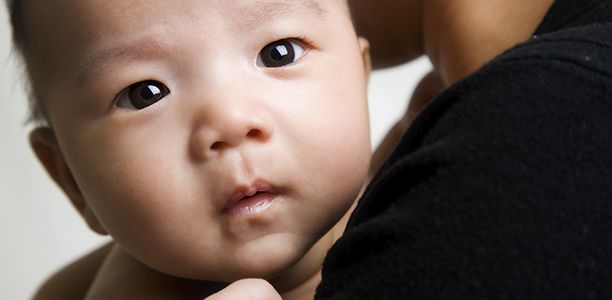Australians who pay an overseas surrogate mother risk not being deemed the legal parents of the child under Australian law, even if commercial surrogacy is legal in a country where the child is born, QUT Australian Centre for Health Law Research academic Pip Trowse said.
Ms Trowse said each state had different surrogacy laws, which made it difficult for people to understand the often ‘messy’ legal ramifications of commercial surrogacy.
She said Queensland, NSW and the ACT prohibited commercial surrogacy in Australia and beyond, while Victoria, Tasmania, South Australia and Western Australia prohibited it only within their borders.
“The Northern Territory has no laws governing surrogacy, but all states and territories are subject to the laws of the country where the commercial surrogacy arrangement takes place,” Ms Trowse said.
“In all states and territories, the court in Australia is unable to make a parentage order, which legally transfers parentage from the surrogate mother to the intended parent/s, if the surrogacy is commercial in nature, even if commercial surrogacy is legal in that country.
“This means the intended parent may be granted the right to care for the child, but the surrogate mother would still be a legal parent under Australian law.
“There have been some cases where a biological male parent has been granted a declaration of parentage but the law has been inconsistently applied in such circumstances.”
Ms Trowse said surrogacy advocates had suggested legalising commercial surrogacy in Australia.
“There would also still need to be a transfer of parentage from the birth mother and her partner (if she has one) to the intended parents.
“There is no clear answer to such a complex challenge but perhaps, if done properly, legislative change would also help reduce the exploitation of women in poorer countries.”
“If Australia’s laws were amended to legalise commercial surrogacy here, they would have to enable it to be accessible and affordable within Australia to ensure surrogate mothers were protected,” she said.
Ms Trowse said the Baby Gammy case in Thailand and recent cases in Mexico had highlighted the lack of safety nets for pregnant women acting as surrogates.
“If commercial surrogacy were to be made legal in Australia, it would not necessarily reduce the exploitation of women as surrogate mothers because some people might still seek cheaper overseas options,” she said.
“In the Baby Gammy case, the surrogate mother faced ongoing treatment costs associated with the baby’s condition until the media raised his plight and money was donated for his future.
“In Mexico, it was reported earlier this year that women from some of the poorest parts of South America acting as surrogate mothers were abandoned midway through their pregnancies when the clinic they were contracted to was abandoned by its American-based operator.
“The huge risks involved for surrogate mothers in poor countries counters the argument that they benefit financially.”
She said that while legalising commercial surrogacy in Australia could be one option to prevent cases such as Baby Gammy, making international adoption more available to Australians could also be a solution.
(Source: Queensland University of Technology)










